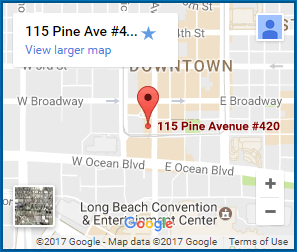Paternity of children born to unmarried or single parents
Paternity is established by either both parents signing a declaration of paternity (usually when the child is born), both parents signing a stipulation (agreement) and a resulting uncontested court order, or by a contested order of the court. Until one of the above happens, there are only presumptive and alleged fathers, (or in some cases; mothers). There are a number of ways of contesting paternity:
Contesting Paternity
1. The child is not the biological child of the party. (Usually involves DNA testing, formerly, blood testing) This argument is used by an alleged father who is contesting child support.
2. The party has not held the child out as his or her own child. This argument is primarily used by a mother against a biological father who is attempting to establish parentage when there is another presumptive non-biological father whose claim mother is supporting.
3. There can be more than two parents and the Family Code has been updated to reflect this, for example:
7601.
(a) Parent and child relationships used in this part means the legal relationship existing between a child and the child’s natural or adoptive parents incident to which the law confers or imposes rights, privileges, duties, and obligations. The term includes the mother and child relationship and the father and child relationship.
(b) This part does not preclude a finding that a child has a parent and child relationship with more than two parents.
(c) For purposes of state law, administrative regulations, court rules, government policies, common law, and any other provision or source of law governing the rights, protections, benefits, responsibilities, obligations, and duties of parents, any reference to two parents shall be interpreted to apply to every parent of a child where that child has been found to have more than two parents under this part.
It is more than possible that in a contested paternity action that a court will find that a parent who has acted as parent for a significant period of time during the child’s life can be given legal status as the parent over a biological parent that has been relatively uninvolved in the child’s life.
Once the issue of parentage is sorted out; the issues of child custody, visitation and child support are the same as in a divorce between married parents.







